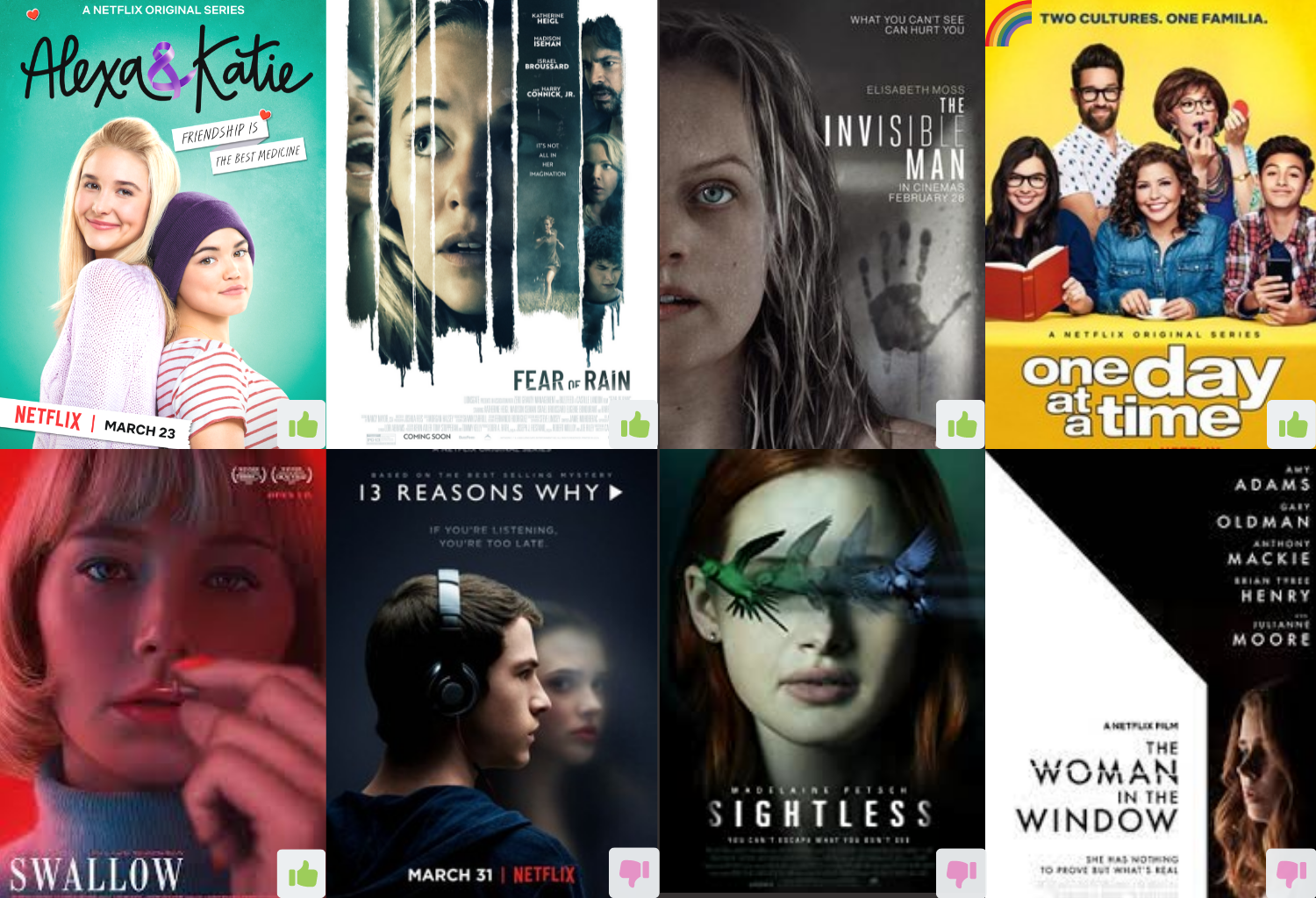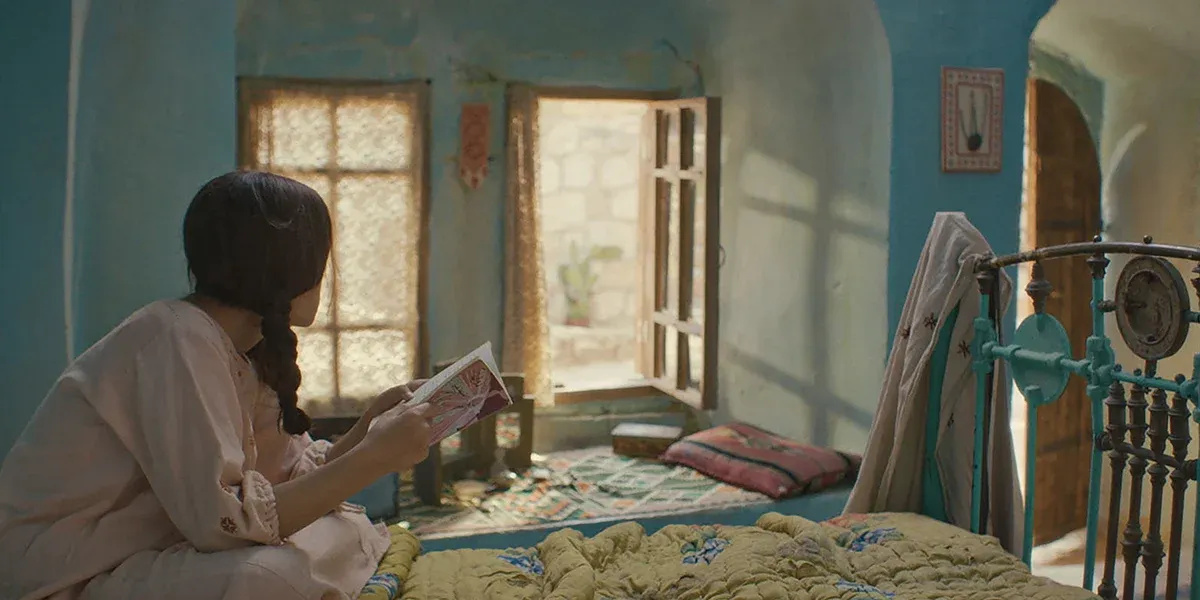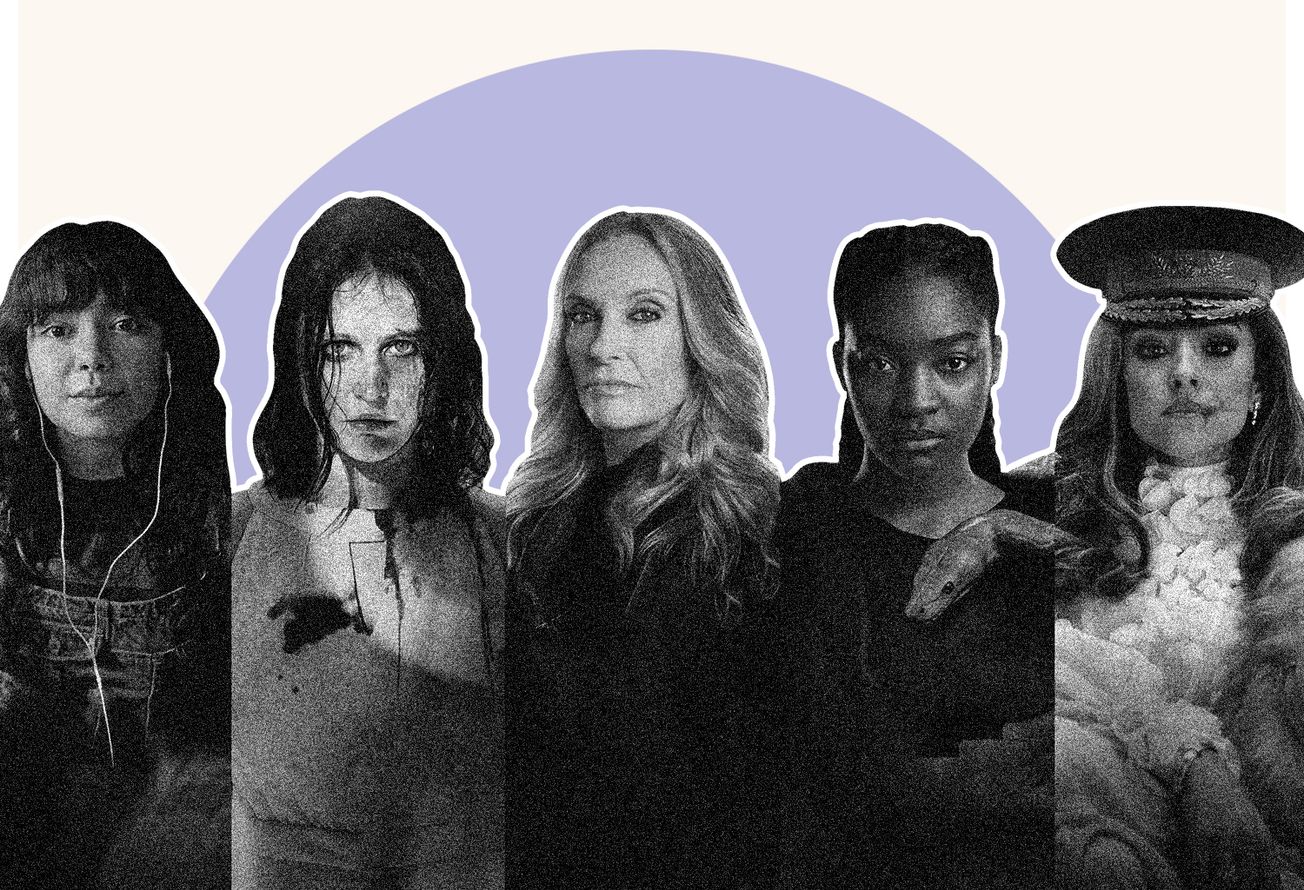The entertainment industry has a long way to go when it comes to depicting mental illnesses in a manner that doesn’t perpetuate stigma. There are plenty of films and series peddling harmful stereotypes. The hugely popular yet controversial teen drama series 13 Reasons Why (2017; Netflix) romanticizes suicide and glorifies mental illnesses by using a character’s death by suicide as a plot element to present an extended revenge fantasy. Likewise, the film Sightless (2020; Netflix), a psychological thriller, sensationalises Munchausen, a personality disorder in which a character fatally wounds and manipulates someone just to keep them close. The Woman in the Window (2021; Netflix) does a decent job of capturing the challenges of PTSD (Post-Traumatic Stress Disorder) and agoraphobia that Dr. Fox (played by Amy Adams) lives with, but the film missteps when it falls for the cliched trope of a ‘psycho killer’ in the case of another character (no spoilers!). Such portrayals obscure the fact that people with mental illnesses are more likely to face violence rather than initiate it. Misrepresentations of mental illnesses in popular culture invalidate people’s real-life experiences and propagate dangerous myths.
However, a recent spurt of shows and films seem to have kick-started some nuanced conversations around mental health.
1. Fear of Rain (2021)
Available on Amazon Prime Video and Lionsgate
Film directed by Castille Landon
Fear of Rain does a good job of calling out the stereotyping of schizophrenia, one of the most misrepresented mental health conditions. Furthermore, it offers necessary insight into the mind of a young person dealing with schizophrenia and the challenges she faces trying to differentiate between reality and hallucinations. Since the inception of modern-day psychological thrillers, filmmakers have relied heavily on mental illnesses to demonize characters in order to portray them as ‘psycho-killers,’ or dangerously deviant individuals. That is why Fear of Rain is a refreshing exception. While most often mental illnesses are shown in a negative light to further the narrative, this film subverts the discourse and portrays a young teen called Rain (Madison Iseman) who lives with schizophrenia, as a saviour.
2. The Invisible Man (2020)
Available on Amazon Prime Video, YouTube, and Universal Pictures Home Entertainment
Film directed by Leigh Whannell
An oft-used trope in many horror films is a character living with a mental illness or challenge who is gaslit into believing that their experience is not real; that it’s “just in their heads”, and there is “something wrong” with them. They are rarely given a chance to overcome the psychological or supernatural “monsters”. Instead, they are marked out as “crazy”— something that happens all the time in real life. However, in The Invisible Man, Cecilia (Elisabeth Moss) fights and escapes from the clutches of her emotionally abusive and toxic lover. Cecilia’s journey is not an easy one and years of manipulation have affected her mental health to such an extent that even the simplest tasks like walking to the mailbox seem daunting and triggering. The Invisible Man is a social commentary on modern-day abusive and manipulative relationships. It shows how such relationships can be absolutely horrifying and debilitating for the mental health of the partner who faces abuse.
3. Swallow (2019)
Available on Amazon Prime Video
Film directed by Carlo Mirabella-Davis
While most horror films use a character’s mental illness to instil fear in the audience, Swallow borrows from Mikhail Bakhtin’s grotesque body theory to spin a feminist tale of rebirth. Hunter (Haley Bennett) is married into a wealthy family. She looks after the house, cooks and cleans, and tends to her husband’s “needs”. Outwardly, she comes across as a person with a happy demeanour but in reality, she is stifled by this monotonous domesticity. She develops Pica—a psychological disorder in which a person feels the compulsion to ingest inedible objects. Care is taken to not focus too much on the disorder itself to shock the audience. Instead, there’s more light shed on psychological stressors such as depression, pregnancy, familial issues, neglect, and other oppressive conditions that are connected to the disorder and to which Hunter’s family is completely oblivious. Swallow provides important insight into the oppressive nature of domesticity and how it puts an unfair amount of burden on women’s physical and mental health.
4. Alexa & Katie (2018)
Available on Netflix
Series created by: Heather Wordham
This teen comedy show revolves around Alexa (Paris Berelc), a young girl recovering from cancer and navigating life after it, and her neighbour and best friend Katie (Isabel May). Alexa & Katie introduces the topic of anxiety as Lori’s (Alexa’s mother, played by Tiffani Thiessen) response to Alexa’s cancer. But as the show progresses, it depicts the reality of panic attacks through Katie’s character. Like Lori, who sweeps her mental health challenges under the rug, Katie believes that her problems are not as significant as Alexa’s. In trying not to burden her friend who is battling cancer, she ends up sidelining her own well-being. When Alexa comes to know about Katie’s recent panic attack, the latter dismissively asks: “(H)ow do you tell someone who battled cancer that you were taken down by everyday life?” This is a heavily loaded question, but nonetheless, it foregrounds the fact that mental health is as important as physical health.
5. One Day at a Time (2017)
Available on Netflix
Series created by: Gloria Calderon Kellett, Mike Royce
One Day at a Time, a comedy-drama, revolves around a Cuban-American family living in Los Angeles and the focus is primarily on Penelope (Justina Machado), an army veteran living with PTSD (Post-Traumatic Stress Disorder). The show takes great care not to victimize Penelope whilst also showcasing how anxiety and panic attacks can disrupt everyday life. It also charts her journey from experiencing shame stemming from her mental health challenges to her hesitancy concerning therapy and medication—largely due to her fear of being judged by her mother—to ultimately accepting and coming to terms with her feelings and seeking help to deal with them. The scepticism around seeking help for mental illnesses is rampant, which is why this show is relatable in its portrayal of the ups and downs of taking and avoiding help and the characters’ change of perspectives concerning mental health over time.
Disclaimer: The views expressed in this article are the personal opinions of the author and do not reflect the views of Smashboard and Smashboard does not assume any responsibility or liability for the same.










